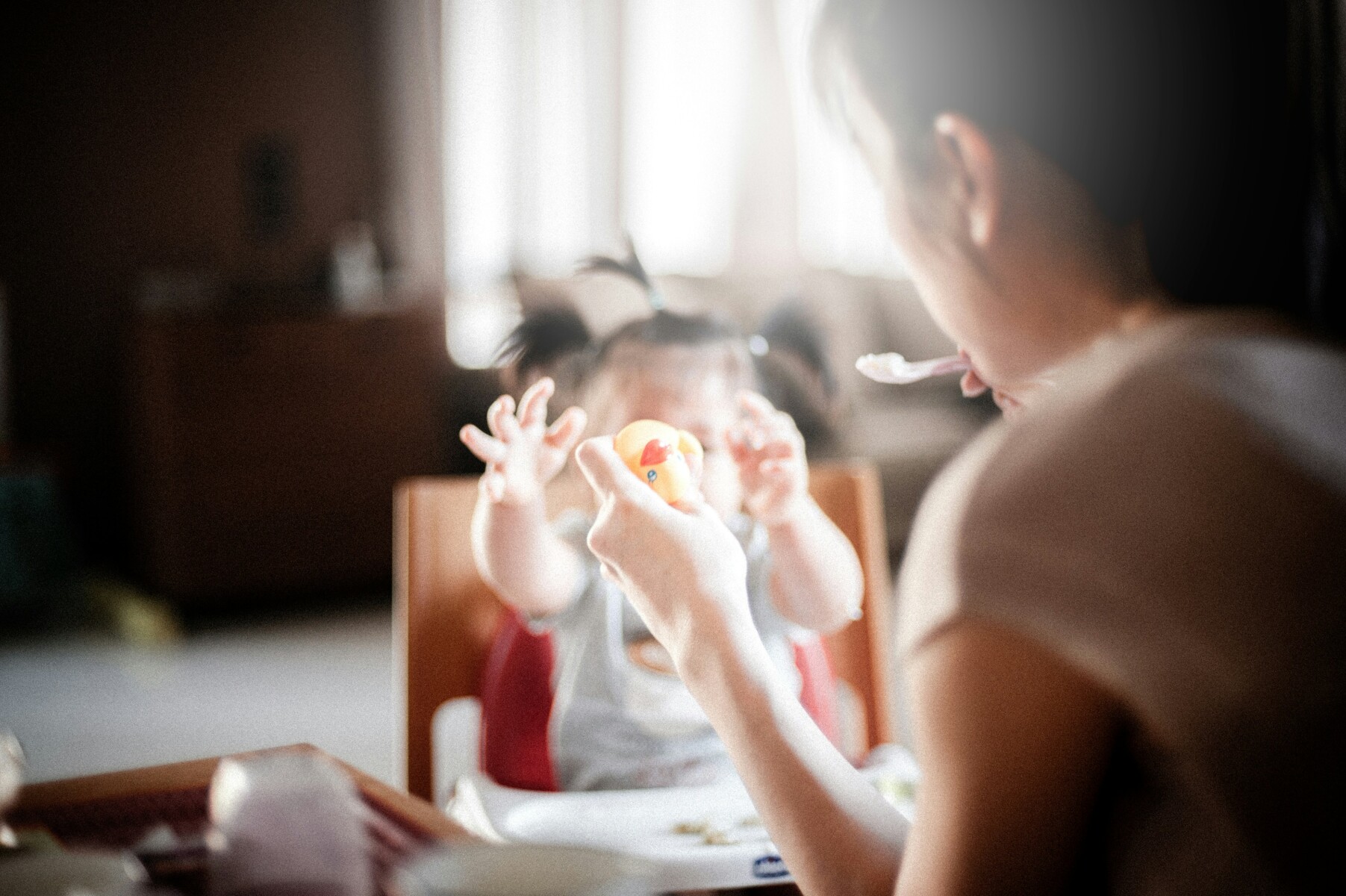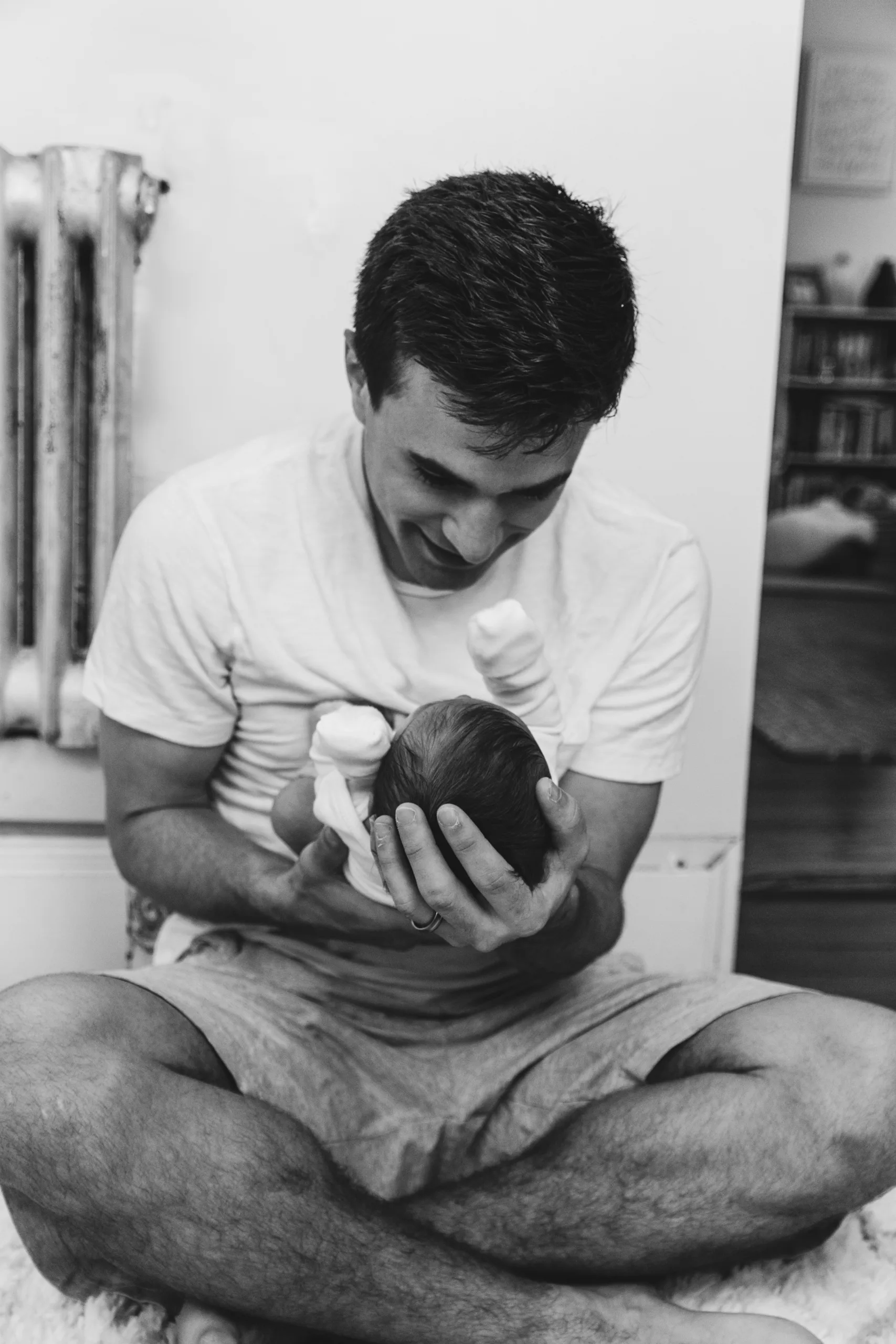- What is an Adoption Order and its effect?
An Adoption Order is an Order made by the Court giving the adopter(s) parental responsibility for a child. An Adoption Order will extinguish the parental responsibility of any person holding it prior to the Adoption Order other than the adopter(s).
An adopted child is then treated in law as if born to the adopter(s) and is the legal child of the adopter(s). The child will be treated as not being the legal child of the birth parents.
This can have significant ramifications for the birth parents, as they will lose parental rights to make decisions about the child, but also for the child, as they will not be considered the legal child of the birth parents for inheritance purposes, for example.
- Who can be adopted?
A child under the age of 18 can be the subject of an application for an Adoption Order, provided that child has never been married or in a civil partnership.
Subject to the Court’s permission, if a child was placed by an adoption agency or pursuant to an Order of the High Court, or if the prospective adopter is a parent of the child, the child must live with the prospective adopter(s) for at least 10 weeks before the application for adoption can be made.
Alternatively, again subject to the Court’s permission, if the prospective adopters are Local Authority foster parents, the child must have had his or her home with them for at least one year before the application can be made.
There are different rules for step-parent adoption (see below) or if none of the above situations apply.
- Who can adopt a child?
Single individuals, same-sex couples and heterosexual couples are eligible to adopt a child. A prospective adopter must be over the age of 21, domiciled in the British Isles, and must have been habitually resident in the UK for at least a year before commencing the application process.
Please see the Essential Guide to Modern Family here for more information about prospective adopters.
- What are the conditions and criteria the Court must consider when deciding to make an Adoption Order?
Generally, the birth parents or guardian must either consent to the Adoption Order or the Court must be satisfied that it can dispense with the birth parents’ or guardian’s consent. The Court must consider a multitude of factors when determining whether an Adoption Order should be made, with the Court’s paramount concern being the child’s welfare throughout his or her life.
For a more exhaustive list of conditions and criteria the Court must consider, please see the Essential Guide to Modern Family here.
- Can the child have contact with the birth parents after an Adoption Order is granted?
When making an Adoption Order or after an Adoption Order is granted, if a child was placed for adoption by an adoption agency, if the Court considers that it is in the child’s best interests, it can make an Order whereby the child is able to have some form of contact with other people, including the child’s blood relatives. Alternatively, the Court may prohibit such contact.
In considering applications for post adoption contact, the Court will consider the best interests of the child, any potential disruption to the child’s life to the extent of causing harm to the child, the applicant’s connection with the child and any representations made to the Court by the child or the (prospective) adopters. There are varying degrees of contact, from ‘Post Box’ contact where the frequency of written communications is ordered as opposed to in-person contact.
It is possible that following the grant of an Adoption Order, the Court might permit an ‘open’ adoption and the child will continue to see the birth parents if the Court considers this to be in the best interests of the child.
- Can I adopt my step-child?
Blended families are increasingly common in the UK, with many children being brought up by a step-parent. In some circumstances, those families would like to formalise these relationships through adoption, so that the step-parent becomes the legal parent of the step-child.
If a step-parent is over 21, the step-parent may adopt their step-child. The step-parent can make an application with their partner as a married couple or cohabiting couple in an enduring family relationship, if that partner is the mother or father of the child and is over 18.
A step-parent may also make an application to adopt a child as a sole person if the Court is satisfied that the adopter is the partner of the parent of the person to be adopted. Please see the Adoption and Children Act 2002 for more detailed criteria.
The step-parent must live with the applicant(s) for at least 6 months before making the application.
- How do I adopt my step-child?
If the criteria is met to make an application, the step-parent must tell the Local Authority of their intention at least 3 months before applying to the Court for an Adoption Order. The Local Authority will provide a report to the Court to ensure that the parties understand the implications of the adoption on the child and their birth parents.
The consent of both birth parents (or guardian) is a condition of making an Adoption Order. However, if a birth parent does not consent, the Court can dispose of the birth parent’s (or guardian’s) consent in some circumstances.
In circumstances where the birth parent does not consent to the adoption, the Court can make the Adoption Order if it is satisfied that the birth parent or guardian cannot be found, lacks capacity to give consent, or the Court should dispense with the birth parent’s consent if the welfare of the child requires it. The case of Re P (A Child) [2014] EWCA Civ 1174 examined the conditions for step-parent adoption where a birth parent does not consent and the Court of Appeal granted the Adoption Order in favour of the step-parent.
If the other birth parent is involved in the life of the child and does not consent, the Court may be unwilling to grant an Adoption Order. However, if the other birth parent is not involved with the child, there is a strong family relationship between the step-parent and child, and the child is keen on the adoption, the Court may be satisfied that it is in the child’s welfare interests to grant the Adoption Order. Therefore, step-parent adoption may only be granted in specific circumstances.
- What are the implications for adopting my step-child?
The step-child will become the legal child of the adopter and if the step-parent is making the application as a couple with their partner, the child will be treated as a child of the relationship between the step-parent and their partner. As set out above, the parental responsibility and legal parenthood of the other birth parent will be extinguished.
Sarah Williams and Evelyn Collins are experienced adoption lawyers and can advise and represent parties in respect of applications for and the grant of Adoption Orders. For further information, please contact Sarah Williams, Head of Modern Family Law or Evelyn Collins, Associate in the Family Department or, alternatively, telephone on 020 7465 4300.
To learn more about Modern Family Law visit our dedicated webpage and download a free copy of our Essential Guide to Modern Family here.








